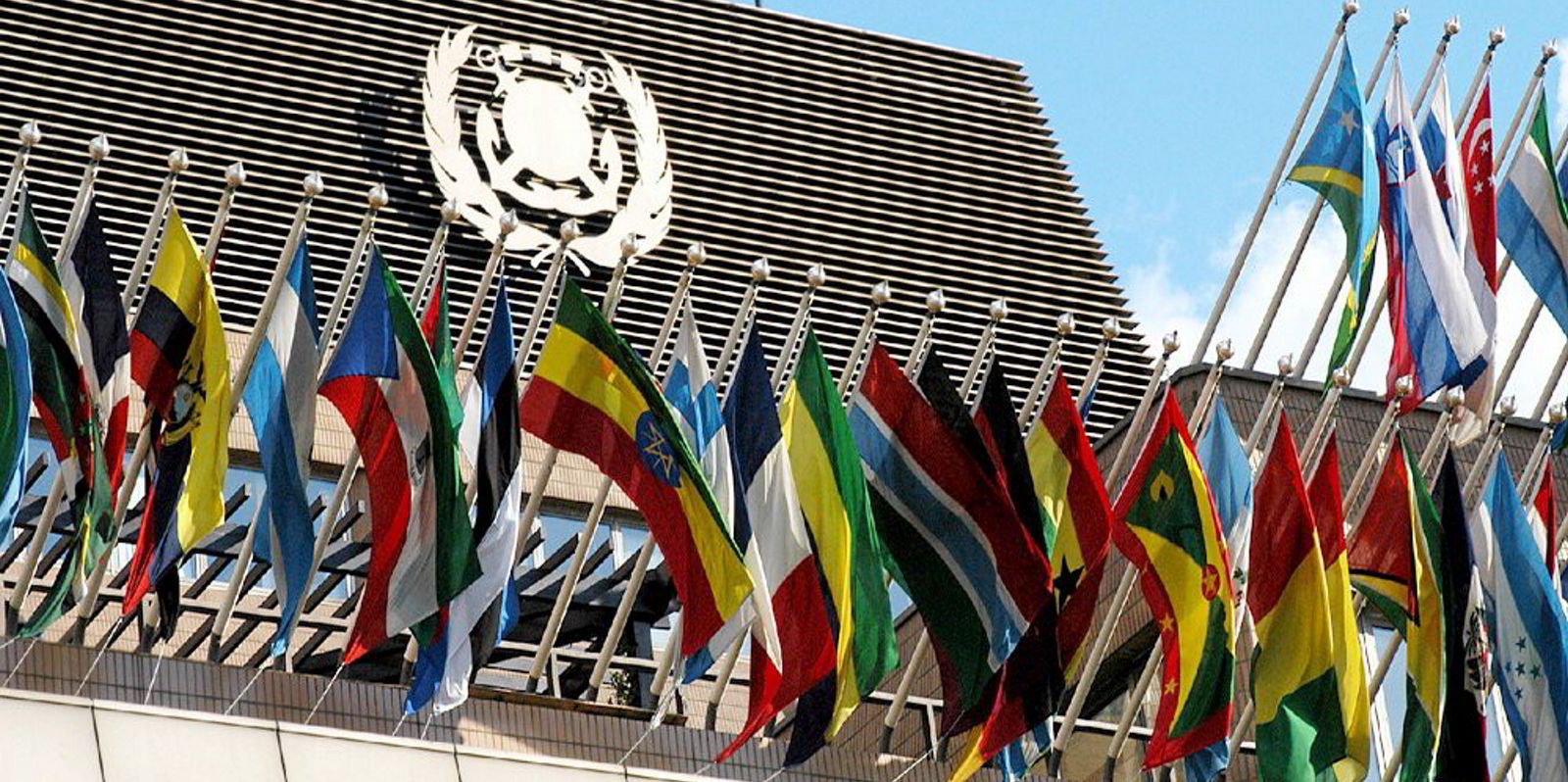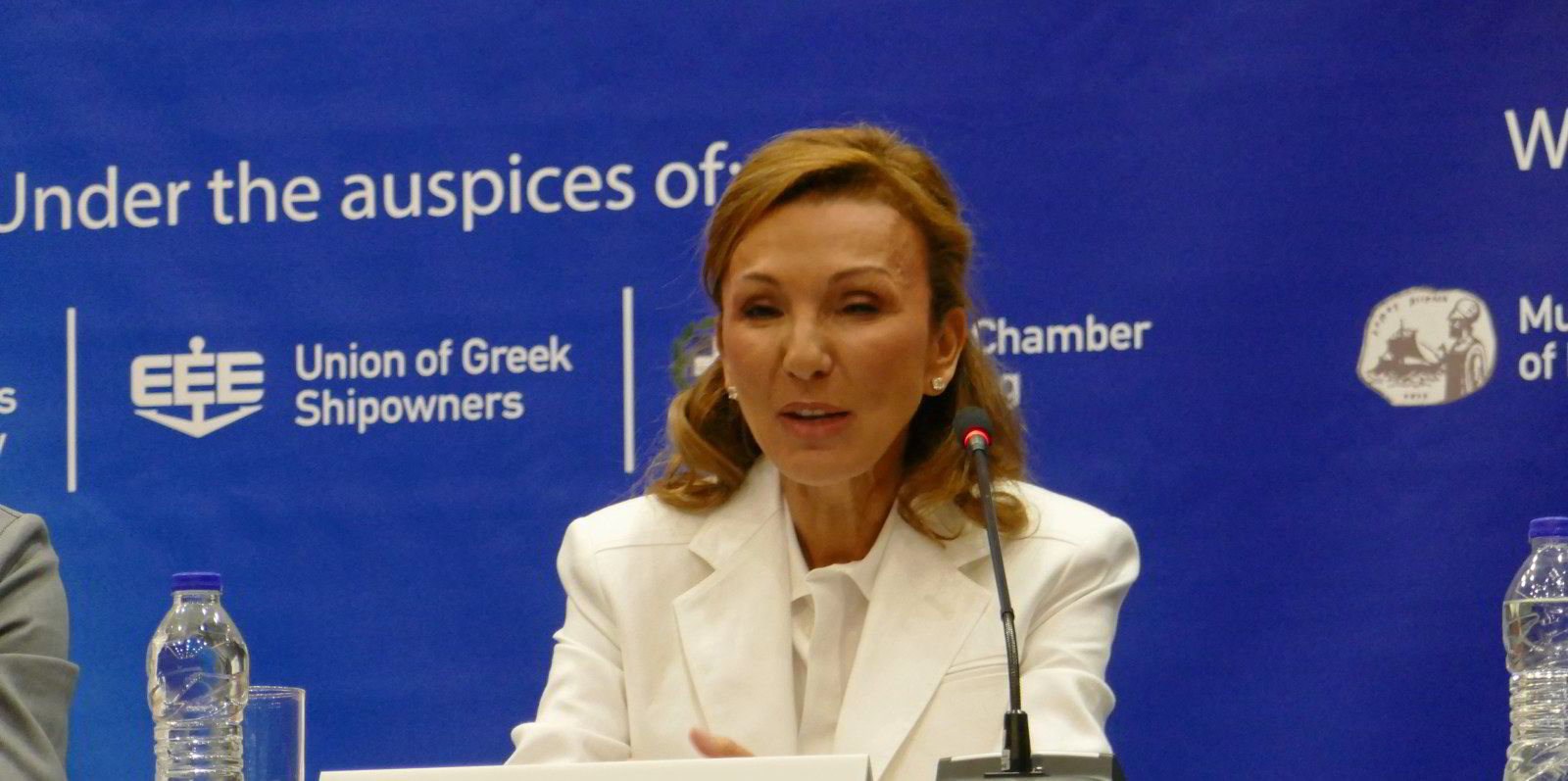A committee of the International Maritime Organization ended a week-long meeting with more countries’ delegations voicing support for adopting a zero-carbon goal for 2050.
And the Marine Environment Protection Committee (MEPC) meeting, which closed on Friday, saw progress made on discussions over an equitable transition to emissions-free shipping, which maritime consultancy UMAS said could help grease the wheels for carbon pricing measures under consideration at the IMO.
But the end of the gathering dubbed MEPC 78 also saw complaints from the International Chamber of Shipping (ICS) over members’ refusal to adopt a $2-per-tonne bunker levy aimed at bankrolling a proposed International Maritime Research Fund.
The meeting was devoid of major decisions, but none were expected.
However, stakeholders were watching MEPC 78 for steps towards amping up the IMO’s decarbonisation ambition and towards market-based measures like a carbon tax or emissions trading scheme.
“While it would have been encouraging for the industry and other relevant stakeholders to see more decisive signals on what the IMO ambition level is likely to be in 2023, the meeting did show that momentum has built on two key aspects,” wrote UMAS’ Aly Shaw and Tristan Smith in a read-out of the meeting.
The pair, who are also both academics focused on shipping at University College London, said one of those key points of progress was the increasing number of IMO member states that mentioned zero greenhouse gas by or no later than 2050.
That increases the chances that this will be the target set in 2023, which will in turn lead shipping to have to move more rapidly to increase efficiency and adopt zero-carbon fuels than the current IMO goal calling for 50% reduction from 2008 levels by the middle of the century.
Growing coalition
IMO watchers said five countries —the Cook Islands, Mexico, Myanmar, Colombia and Malaysia — joined the list of member nations in favour of a zero-carbon goal.
The other area of momentum cited by UMAS was discussion on an equitable transition, seen as a growing focus of any market-based measures because of developing and small-island countries’ concerns over the impacts of carbon pricing.

The options discussed included deploying revenue from carbon pricing in shipping to out-of-sector uses. The progress could increase the chances of consensus on market-based measures.
“It was reassuring to see the appetite for a fair and equitable transition has been carried forward from the last meeting into MEPC 78!” Shaw wrote in a LinkedIn post.
“Looking forward, we may assume that we are on a path for a stronger ambition from IMO in the revised strategy and a continued focus on equity and fairness throughout discussions on future policy measures, including emissions pricing!”
The MEPC also gave the thumbs up to an IMO working group commitment to eventually develop a basket of midterm measures, combining carbon pricing with regulation.
And it moved forward an earlier working group’s commitment to develop guidelines on calculating ships’ life-cycle carbon emissions, which in the present draft form would be assessed from well to wake.
But the ICS, which was a key proponent of the research fund proposal, expressed frustration with the outcome of MEPC 78.
“By refusing to take forward the shipping industry’s proposed research and development fund, the IMO has wasted its opportunity to kick-start a rapid transition to zero-carbon technologies, which will be vital if we are to decarbonise completely by 2050,” secretary general Guy Platten said.
He described the refusal to take up the proposed fund, which would be administered by a new International Maritime Research and Development Board (IMRB), as “short-sighted political manoeuvring”.

The measure was killed after IMO delegates worried that setting up the fund and the IMRB would distract from work needed to adopt bigger carbon pricing measures that would do more to close the gap between fossil fuels and zero-emission alternatives.
“Some claimed that the fund was a market-based measure and did not go far enough, deliberately misinterpreting our intention,” ICS deputy secretary general Simon Bennett said.
“The fund was never presented as a carbon pricing measure, which, although being an additional measure which we also fully support, is politically far more complex and will take many more years to develop.”





